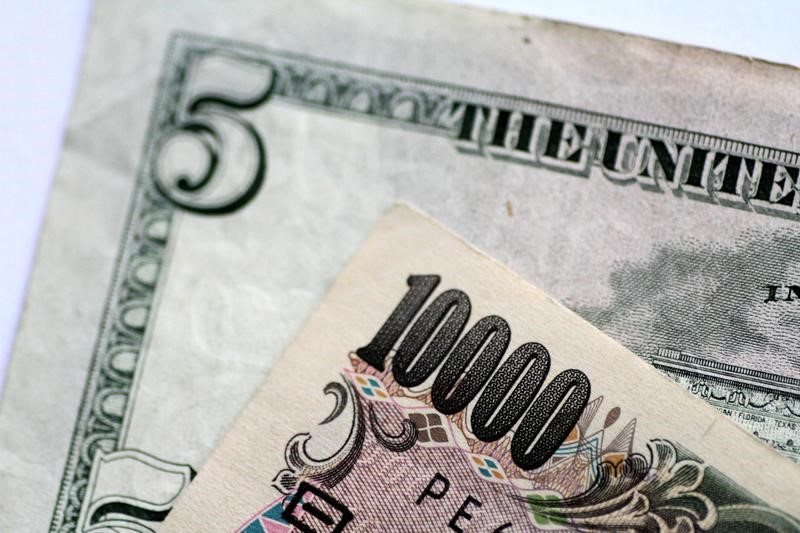 © Reuters.
© Reuters.
By Peter Nurse
Investing.com - The U.S. dollar fell and the Japanese yen jumped after the Bank of Japan surprised markets with a policy shift, paving the way for the end of the country's ultra-accommodative monetary policy.
At 03:25 ET (08:25 GMT), the Dollar Index, which tracks the greenback against a basket of six other currencies, fell 0.5% to 103.868.
The Bank of Japan maintained its benchmark rates at near-zero as widely expected, but also widened the range for yield fluctuations in the benchmark government bonds to between negative 0.5% and 0.5%, from a range of negative 0.25% to 0.25%.
USD/JPY fell 3.3% to 132.40, with the pair falling to a 4-month low, following the surprise move seen as a precursor to the BOJ eventually tightening policy, ending the last ultra-dovish stance in the developed world, as consumer inflation surged to a 40-year high in November.
The Bank of Japan was forced to intervene to support its currency in October after a sharp drop in the yen this year, driven largely by a widening gap between local and U.S. interest rates.
Elsewhere, EUR/USD rose 0.1% to 1.0612, with the euro still basking in the hawkish stance taken by the European Central Bank last week.
"The ECB would clearly like a stronger euro to help out with its battle against inflation," said analysts at ING, in a note, "and it was telling at last week's ECB press conference that President Christine Lagarde was keen to highlight that the ECB would be tightening longer than the Fed."
That said, Germany's producer price index eased in November for the second month in a row, adding to signs that high inflation could be waning in Europe's largest economy.
Producer prices of industrial products rose 28.2% on the same month last year, compared with a 34.5% year-on-year rise in October, falling 3.9% compared with October.
GBP/USD traded largely flat at 1.2146, with the country struggling under a wave of strikes as workers seek pay rises to compensate for inflation near 40-year highs.
Sterling could be the main victim of any euro strength, said ING, “given that the Bank of England (BoE) is closer to ending its tightening cycle than the Fed and that the UK's large current account deficit leaves sterling vulnerable in a global slowdown.”
The risk-sensitive AUD/USD fell 0.5% to 0.6666, while USD/CNY edged 0.1% lower to 6.9730, even as the People's Bank of China held its key lending rate at historic lows.

